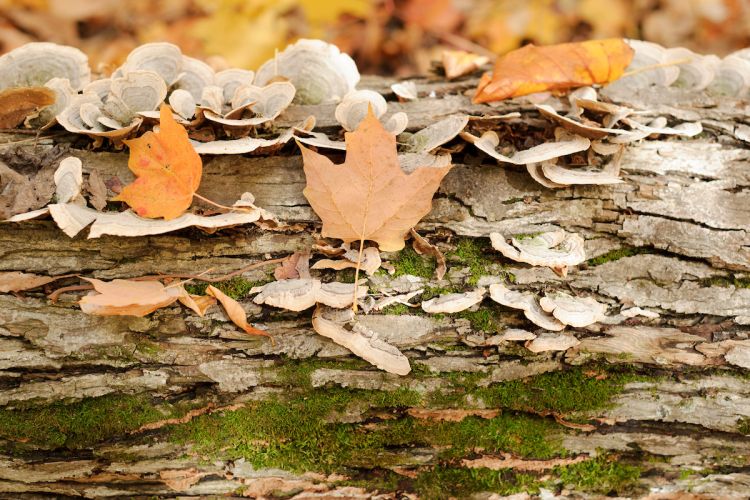Climate change prolongs allergy miseries


As climate change causes new patterns for seasonal warming and cooling, people with allergies to ragweed, pollen, and outdoor molds are likely to feel an effect.
Mark Moss, MD, associate professor (CHS), Allergy, Pulmonary and Critical Care Medicine, discussed the impact of climate change on seasonal allergies during an interview on WISC-TV.
Prolonged warmth in autumn can cause equally prolonged elevated pollen and mold spore counts.
"There's growing evidence that temperatures are warmer in the world and the pollen season, particularly in the fall, is getting longer, that's because we get freezes that are later," UW Health Dr. Mark Moss said.
"And if you look over the last 20 years, the ragweed season has lengthened by about two weeks."
Resources:
- "Weather changes may aggravate those prone to allergies," WISC-TV, September 27, 2017
- "Dr. Mark Moss comments on tough allergy season in South-central Wisconsin," Department of Medicine and WISC-TV, July 12, 2017
Photo: Fungi and moss take root in the decay of a cut tree log lying amid fallen leafs in Gallistel Woods at the University of Wisconsin-Madison Arboretum during autumn on Oct. 10, 2012. (Photo by Jeff Miller/UW-Madison)